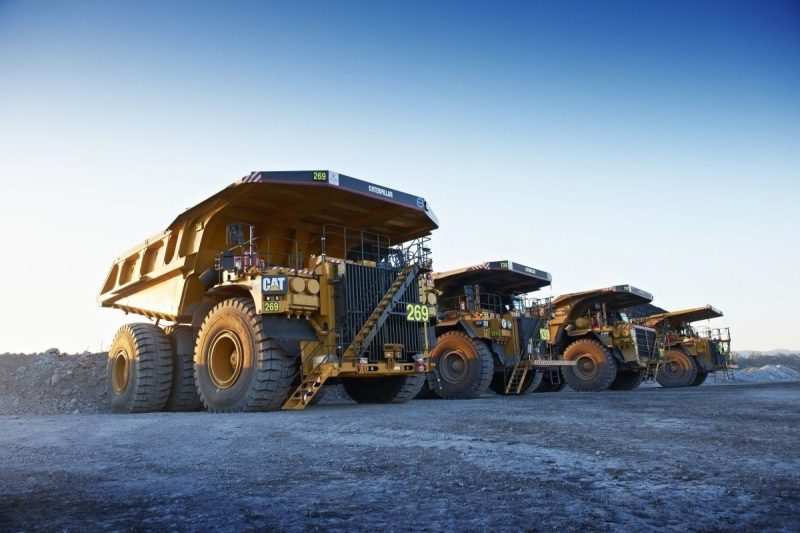
Glencore’s Queensland Carbon Capture Project Thwarted by Groundwater Troubles
Glencore’s Queensland Carbon Capture Project Faces Setback Due to Groundwater Issues
The Queensland Carbon Capture Project initiated by Glencore, one of the leading mining companies in Australia, has encountered a significant hurdle in the form of groundwater issues. The project, which aims to capture carbon emissions from various industrial processes and store them underground, has faced criticism and setbacks due to potential risks associated with groundwater contamination.
Groundwater, one of the most critical natural resources, plays a vital role in sustaining ecosystems and supporting human activities. Any disruption or contamination of groundwater can have far-reaching consequences on the environment, public health, and the economy. The concerns raised by environmentalists and local communities regarding the potential impact of the Queensland Carbon Capture Project on groundwater have highlighted the need for thorough scientific assessment and robust mitigation measures.
The project’s reliance on underground storage of captured carbon dioxide (CO2) raises concerns about the potential for leakage and migration of CO2 into aquifers and water sources. Studies have shown that CO2 can react with groundwater and underground minerals, affecting water quality and posing risks to human health and the environment. Leakage of CO2 into groundwater can lead to the acidification of water, impacting aquatic life and drinking water supplies.
In addition to the direct risks associated with CO2 leakage, the injection and storage of CO2 underground can also induce seismic activity, further complicating the groundwater issues. The project’s proximity to existing mining operations and geological fault lines raises concerns about the potential for induced seismicity and subsurface disruptions that could affect groundwater flow and quality.
Given the environmental and public health risks associated with groundwater contamination, it is essential for Glencore to address these concerns proactively and transparently. Robust monitoring and containment measures must be implemented to prevent and detect any leakage of CO2 into groundwater. Regular groundwater quality testing and monitoring of underground storage sites are crucial to ensuring the project’s compliance with environmental regulations and safeguarding local communities and ecosystems.
Furthermore, community engagement and consultation are vital for building trust and ensuring that local concerns are considered in the project’s development and operation. Glencore must work closely with stakeholders, including environmental groups, Indigenous communities, and government agencies, to address groundwater issues effectively and minimize the project’s impact on the environment and public health.
In conclusion, the groundwater issues that have derailed Glencore’s Queensland Carbon Capture Project underscore the complex challenges associated with carbon capture and storage initiatives. While carbon capture technologies hold promise for reducing greenhouse gas emissions and mitigating climate change, careful consideration of environmental risks, particularly related to groundwater contamination, is essential for ensuring the sustainable and responsible implementation of such projects. By addressing these issues transparently and collaboratively, Glencore can demonstrate its commitment to environmental stewardship and secure the trust of local communities for the successful execution of the Queensland Carbon Capture Project.
